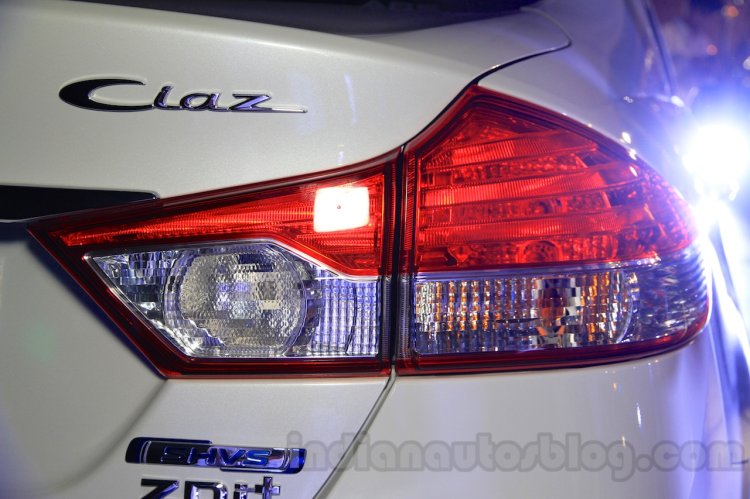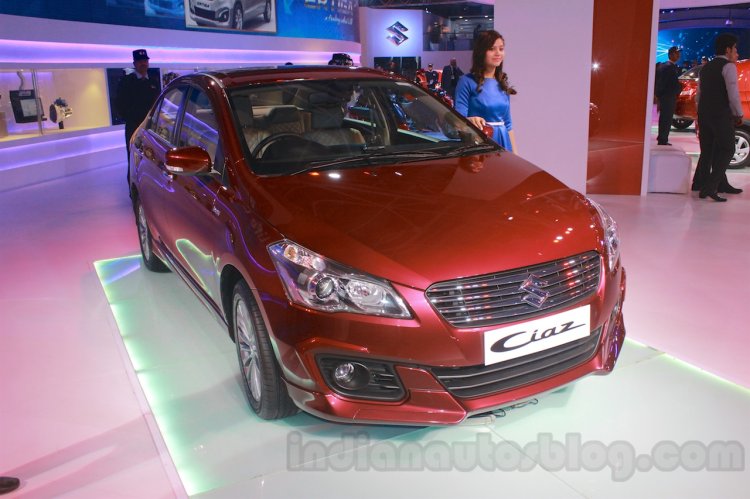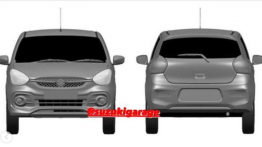Despite the higher price owing to the removal of tax incentives for hybrid cars by the Indian government, MSIL will continue the Maruti Ciaz SHVS and Ertiga SHVS. Post GST, prices of the models rose by over INR 1.5 Lakhs. The rest of the Maruti range received at least a 3 percent discount.

On the decision to continue selling SHVS cars, Maruti Suzuki India Limited (MSIL) Managing Director & CEO Kenichi Ayukawa said:
When we decided to implement hybridisation, it was done with an aim of making vehicles environment friendly and improve efficiency, not only in India but also globally. That position remains unchanged. Unfortunately, GST doesn't allow hybridisation but we have to continuously communicate with the government.
Before GST implementation, locally produced hybrid and electric cars received incentives under the central government's FAME initiative. This made the Ciaz SHVS and Ertiga SHVS more affordable as they attracted a low 30.3 percent tax. By Feb 2017, sales of the Maruti Ciaz SHVS and Ertiga SHVS crossed 1 Lakh units since the launch of the former in September 2015.
From April 1, the government withdrew FAME incentives for the mild-hybrids. With the GST implementation on July 1, an additional cess is levied, and they now attract 43 percent (28% GST + 15% cess) the same as a regular petrol/diesel car over 4 meters length.

Also Read: 12,049 units of the 2017 Maruti Dzire sold in its first full month on the market
Given that the Maruti Ciaz diesel is the most fuel efficient sedan in its class, Maruti would not want to lose the title removing SHVS. Powered by a 1.3L DDiS 200 turbodiesel paired with the SHVS system, the Ciaz has a remarkable 28.09 km/L certified mileage.
Maruti is readying a mid-cycle facelift for the Ciaz, which is rumoured to pack a new 1.5L turbodiesel motor. It is unclear if the next year's model will get SHVS and if the 1.3L+SHVS variant stays on in 2018.
[Source: ET Auto]

































